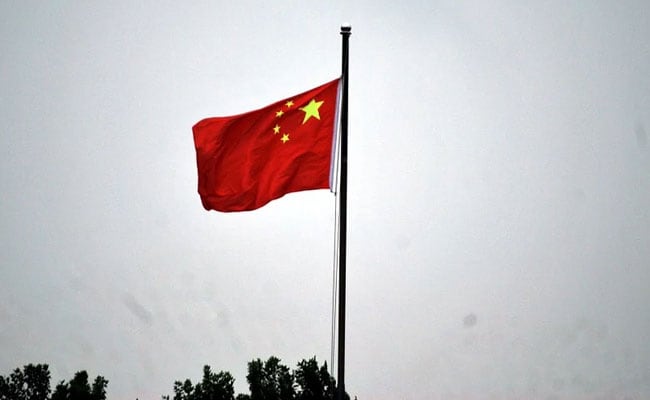China Expelled Largest Number Of Foreign Journalists Since 1989: Report

Foreign correspondents were targeted in alleged national security investigations, the report said (File)
Beijing:
Working conditions for the foreign journalists in China deteriorated in 2020 with Beijing expelling 18 correspondents, the largest since the aftermath of the Tiananmen Square massacre in 1989, the Foreign Correspondents’ Club of China (FCCC) said on Monday.
The FCCC, which periodically puts out reports on the state of conditions faced by the foreign media in China, said the Chinese authorities “track, trace, expel” restricting the reportage on the COVID-19 pandemic.
“Chinese authorities dramatically stepped-up efforts in 2020 to frustrate the work of foreign correspondents. All arms of state power – including surveillance systems introduced to curb coronavirus – were used to harass and intimidate journalists, their Chinese colleagues, and those whom the foreign press sought to interview,” the report said.
“For the third consecutive year, not a single correspondent said working conditions improved, in response to an annual survey conducted by the Foreign Correspondents” Club of China,” it said.
“Foreign correspondents were targeted in alleged national security investigations and told they could not leave the country. China cancelled press credentials and refused to renew visas, resulting in the largest expulsion of foreign journalists since the aftermath of the Tiananmen Square massacre more than three decades ago,” it said.
In the first half of 2020, China expelled at least 18 foreign journalists from the New York Times, Wall Street Journal, and the Washington Post, it said.
Asked for his reaction to the FCCC report, Chinese Foreign ministry spokesman Wang Wenbin told a media briefing here that “we have never acknowledged this organisation you mentioned.”
“The so-called ‘report” is based on preconceptions rather than facts in an attempt to sensationalise and scare. I”d like to stress that China is a country governed by law. Anyone in China must abide by Chinese laws,” he said.
“We welcome media and journalists from different countries working in China in accordance with laws and regulations, and will continue to provide them with convenience and assistance. That being said, we reject ideological bias against China, fake news fabricated in the name of freedom of the press, and acts that violate professional ethics of journalism,” he said.
On the coverage of the coronavirus, which first emerged in Wuhan in December 2019, the FCCC report said the media outlets were obstructed to uncover the pandemic.
“As China’s propaganda machine struggled to regain control of the narrative around this public health disaster, foreign press outlets were repeatedly obstructed in their attempts to cover the pandemic,” the report said.
“China has used the pandemic as yet another way to control journalists. New surveillance systems and strict controls on movement – implemented for public health reasons – have been used to limit foreign journalists,” it said.
The report said that China deployed “a new tactic in its longstanding practice of weaponising visas”.
“Since September 2020, Chinese authorities have refused to issue new press cards to correspondents accredited with US news organisations. Instead, journalists have been handed letters and granted residence permits of two to three months at a time. Those left in this limbo without formal press credentials include journalists from Italy, Japan, New Zealand, the UK and the US,” it said.
“China is gearing up to host the Winter Olympic Games in February 2022, a time when journalists, athletes and spectators from all over the world are expected to gather in Beijing,” it said.
“The FCCC is extremely disappointed to note this rapid decline in media freedom in China, and more broadly, freedom of speech, in direct contrast to longstanding Olympic values of excellence, respect and friendship,” it added.


